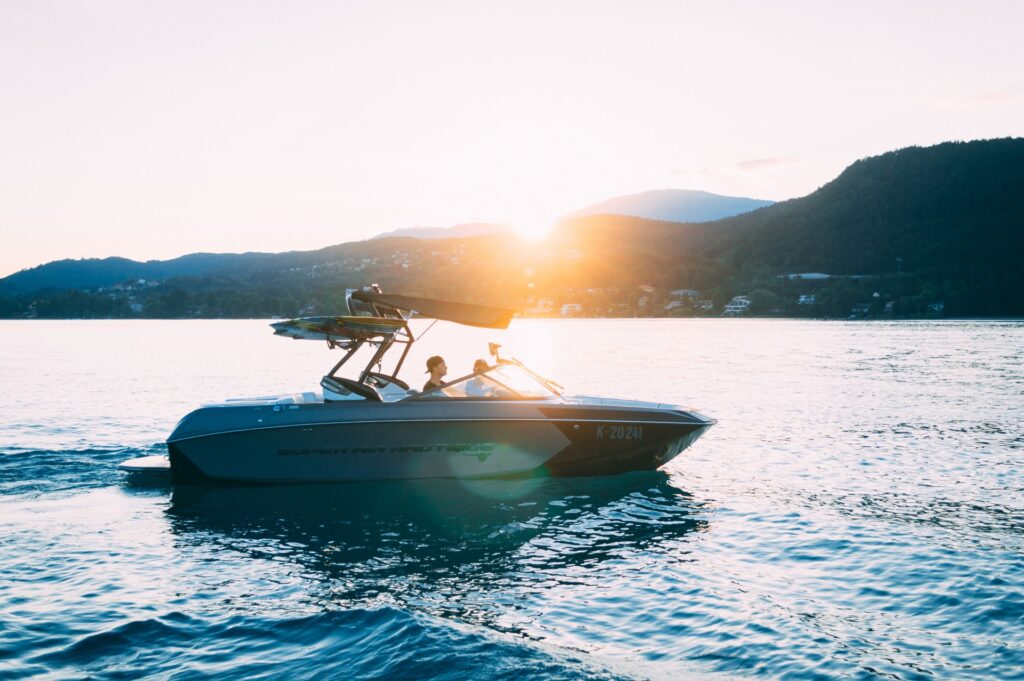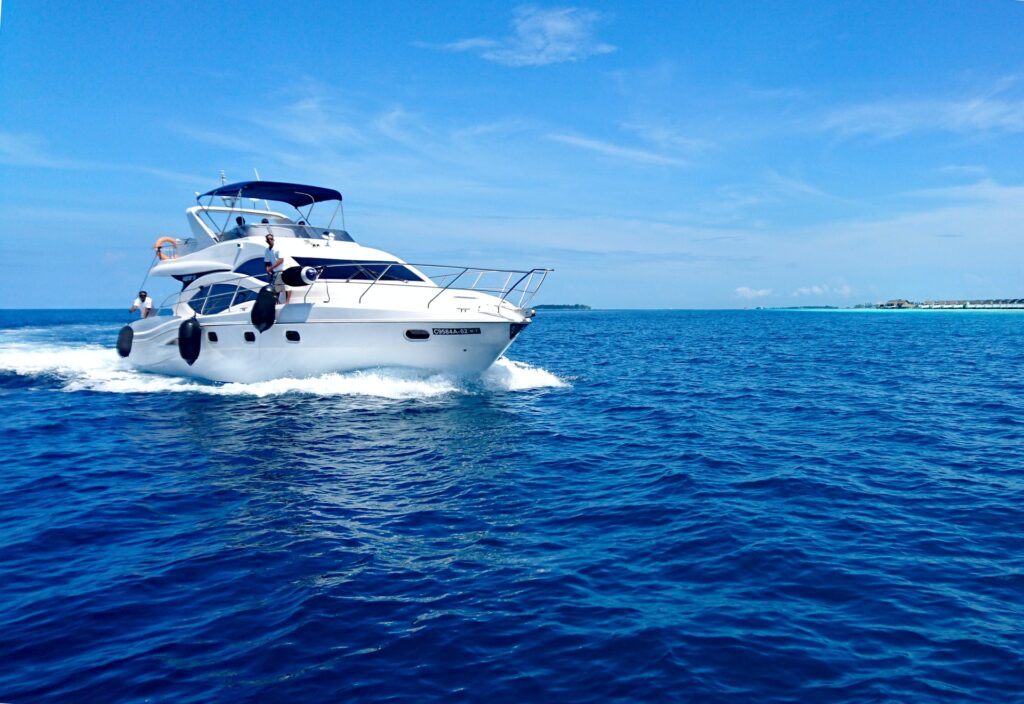Owning a vehicle is one of the best things in the world because it allows you to reach places that you could never do so before. As humans, we are greatly limited by only being able to walk in terms of moving. There are animals who are both faster and more agile than us, but also those that can move in other surroundings and not just by walking or running. This is why humans have come up with so many tools and devices that help them explore the world and enjoy it more, because of our natural shortcomings. The vehicles we drive allow us to fly or move on water too, something we would never be able to do otherwise. Of course, cars are the most commonly owned vehicles as well as something most of us use on a daily basis. A lot of things about them are more than well-known as they are such a necessity.
But what about other vehicles? How many people know what it is implied if one wants to become a boat owner for example? Not many, but we are here to change that. In this article we are exploring the world of small personal boats in the United Kingdom. More precisely, we are talking about how much it typically costs to register one in the UK. Boats are popular all over the world, but it is definitely not the same where you own it and use it. If you live in England, Scotland, Wales, or Northern Ireland, this is something you have to know especially now when Brexit happened and when many laws and rules are no longer the same. Keep reading to learn more info about this and be sure to check out changeyourssrflag.co.uk if you wish to find out more about registering your own small boat.
Page Contents
What Categorizes as a Small Boat?

Vessels, ships, and boats. There are many terms for vehicles used to traverse the waters safely and in style, but what are the differences between them? In terms of registration it is always necessary to know the class and the type of the vehicle that is about to get its official registration. So what exactly is a small boat then?
In the United Kingdom, there are currently four different classes of boats that you need to know about as an owner. This will directly influence your whole registration process because it is somewhat different based on the type of the boat. There are four different types at the moment and they include commercial or pleasure boats, fishing boats, small boats, and charter boats.
Since we are only concerned with small boats, let us touch upon what makes a vessel fall into this category. If the boat is less than 24 meters long, it is a small boat. It has to be a pleasure vessel, so not a commercial one that you somehow make money from. Finally, the owner must live in the United Kingdom for at least 185 days of the year in order for their boat to be registered as a small boat.
Registering a small boat will mean that your vessel has UK nationality if you ever want or need to go outside of the UK’s borders. This is the most important part regarding the reason behind the registration, and the reason why it exists in the first place. So what about the price? How much do captains of small boats have to put aside for registration?
The Cost of Registration

In the grand scheme of things, registering a small boat in the UK is rather cheap. It only costs £35 for a period of five years to have your small boat registered. This means that it is basically £7 per year, although it has to be in five-year intervals. Once it is time to renew the registration, each owner is sent a renewal notice. You do not have to do anything but wait and then pay again when the time comes. This is a rather cheap registration fee and it usually does not present the owners/captains with any problems.
Owning a boat can otherwise be expensive because it takes a lot to take care of it, store it, and maintain it. Between insurance, mooring costs, maintenance, equipment, fuel, travel costs, dry docking and wintering, monthly fees, and other extras, the registration itself is really just an afterthought for most owners. Additional reason why is the standard in the country as nobody will really struggle to put aside £35 for five years’ worth of being able to drive their boat. If you already have a boat and are paying for all of its costs, the registration is not really an issue and never will be.
Where Is It Done and How?

Boat registrations are done with the United Kingdom Ship Register who give permissions to use the vessels in the UK waters. The easiest way to do it is on the web, as is the case with most things these days. It is all rather easy and straightforward. Every boat owner has to create an account if they do not have one already. You can register it to just yourself or own it with other people, in which case everyone has to have their own account. The payments are made via cards, credit or debit. If you prefer, you are also able to renew the registration, cancel it, or change some details on it online.
Once you are ready to register your small boat, you will have to prepare certain information. You will need the dimensions of the boat, the previous registration details if it had one, the bill of sale, the radio signal detail including UK radio call signs, MMSI (Maritime Mobile Service Identity) number, and IMO (International Maritime Organization) number. You will also need the builders certificate, a certificate of survey for tonnage and other measurements, an intentional tonnage certificate (also known as ITC69), and your safety certificates. If you need their offices, you can find this institution in the city of Cardiff.
Changes and Cost after Brexit

Since the United Kingdom is no longer a part of the European Union, SSR is not an EU Register as of January 1, 2024. What this means for EU residents is that they are no longer able to use it in EU member countries. Europeans with a small boat now need a European register too, as they will get fines and penalties with just their SSR registration. To prevent this, the boat has to be registered in a European country, like Poland for example. The problem is that the boat can no longer stay in the same European country with a SSR registration for longer than 183 days. After this time, it needs to be registered in the EU if it is to stay longer. The easiest country to do this in is Poland and the cost is €395. If the owner of a small boat fails to do so, they risk various fines that have to be paid in the country where the 183rd day has passed.

